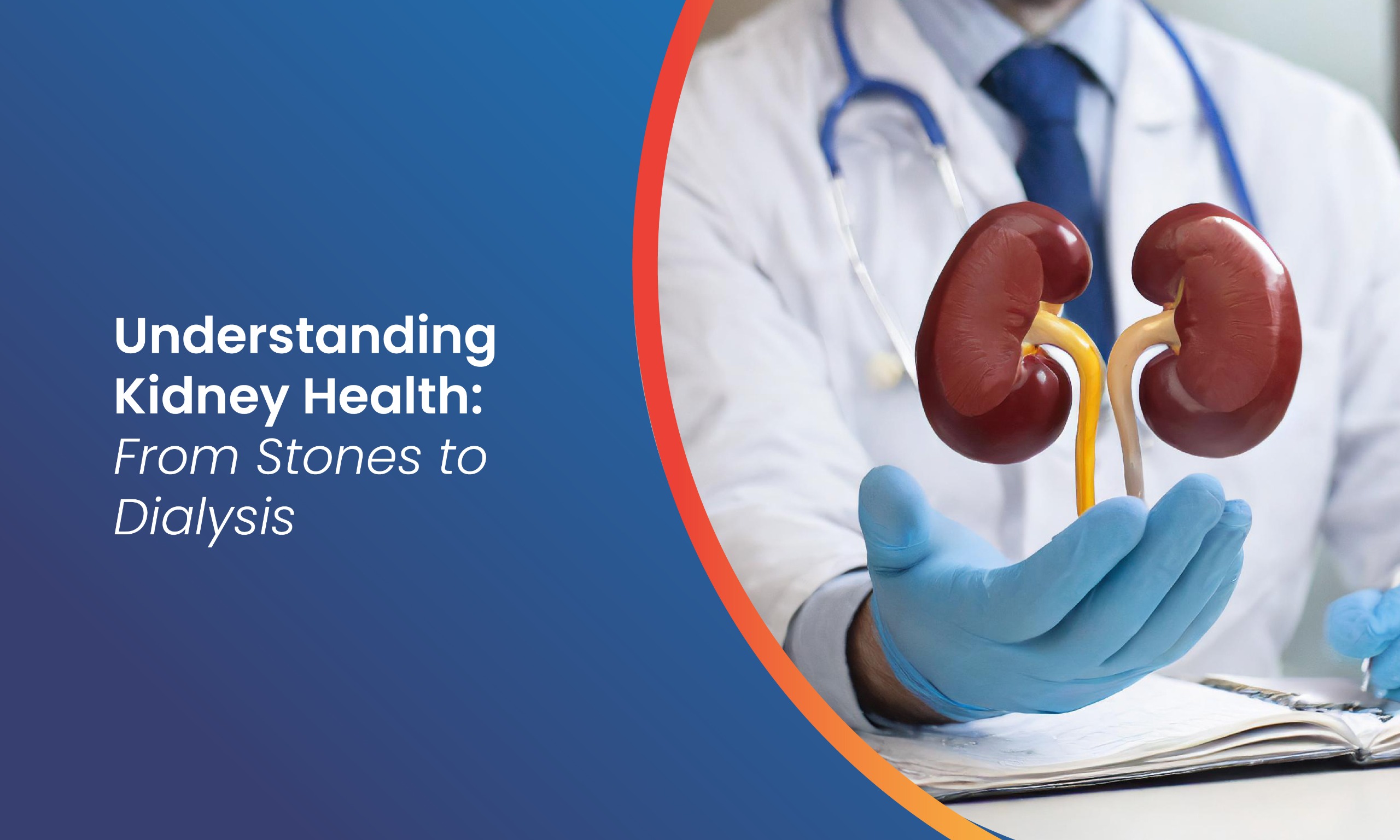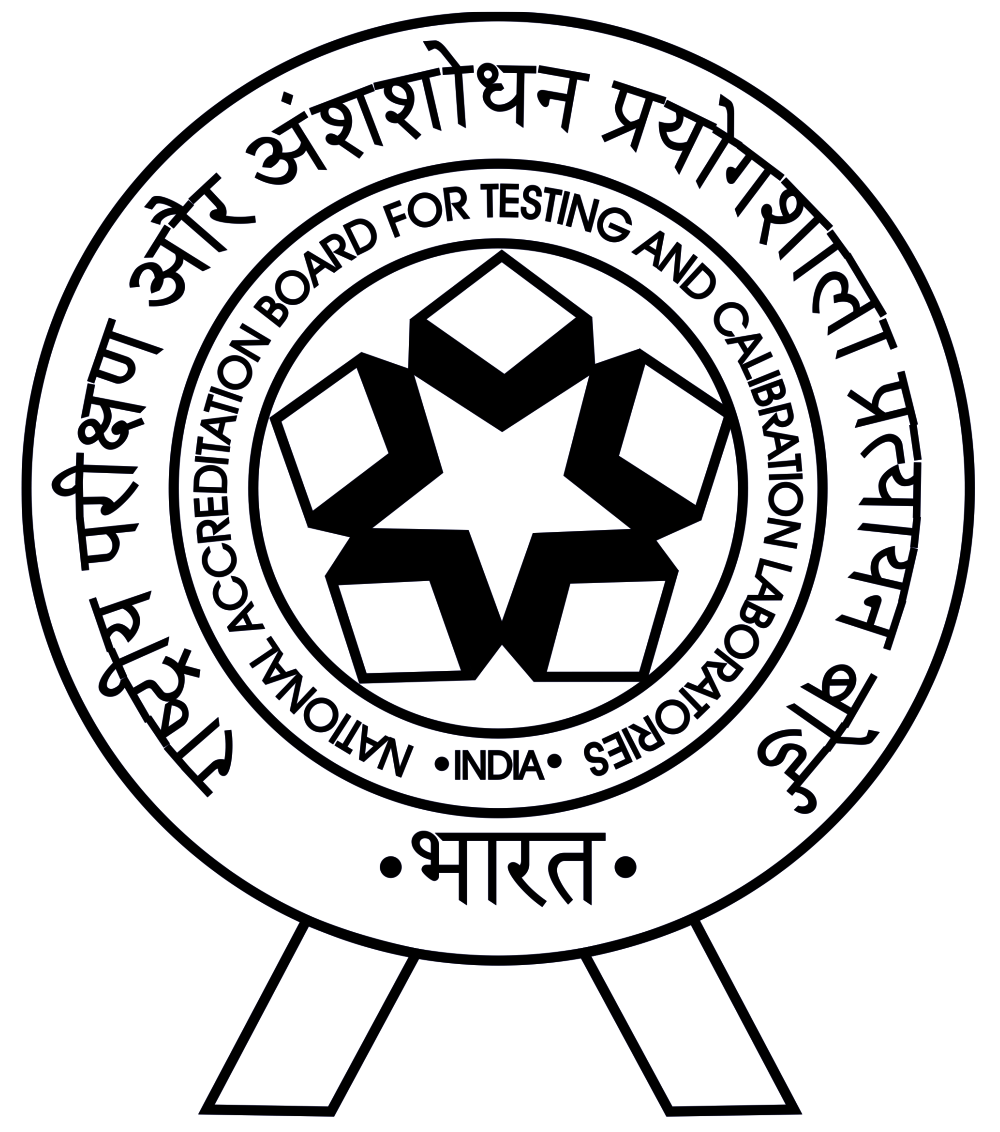Understanding Kidney Health: From Stones to Dialysis

Understanding Kidney Health: From Stones to Dialysis
Kidney health is very important for a lively and energetic life, but many people forget about their kidneys until problems come up. The kidneys help remove toxins, balance fluids, and control blood pressure, which is essential for staying healthy and avoiding disease. It's essential to understand the risks associated with kidney stones, infections, and how dialysis works to maintain a healthy urinary tract.
Millions of people around the world have kidney problems, like painful stones and infections, or chronic diseases that may need dialysis to survive. Catching these issues early, preventing them, and getting treatment on time can greatly improve health outcomes and quality of life. In this blog, we will explore the causes of kidney stones and infections and how to prevent these issues.
Table of Contents
- The Role of Kidneys in Your Health
- Kidney Stones: Causes, Symptoms, and Prevention
- Kidney Infections: Signs, Risks, and Treatments
- Dialysis: When and How It Supports Failing Kidneys
- Urinary Tract Health: Everyday Habits for Lifelong Wellness
- FAQs
The Role of Kidneys in Your Health
The kidneys are bean-shaped organs located on both sides of your spine, just above the waist. Their job is to filter out waste and extra fluids from the blood. They help keep the right balance of water, minerals, and electrolytes.
- Kidneys are also important for controlling blood pressure, making red blood cells, and keeping bones healthy by activating vitamin D.
- Kidneys remove toxins and excess water, keeping your blood clean and balanced.
- They regulate blood pressure by producing hormones like renin.
- Kidneys stimulate red blood cell production via erythropoietin.
- They activate vitamin D for strong bones and healthy metabolism.
- Each kidney filters all the blood in your body every 30 minutes.
- Chronic kidney disease (CKD) can develop silently, often without symptoms until advanced stages.
Kidney Stones: Causes, Symptoms, and Prevention
Kidney stones are hard lumps made of minerals that can form in the kidneys when urine gets too concentrated. This happens when substances like calcium and oxalate start to clump together. Kidney stones can cause a lot of pain, blood in urine, and can even block urine flow.
There are many reasons people get kidney stones, such as not drinking enough water and having a lot of animal protein in their diet. To prevent kidney stones, it's important to eat a balanced diet and take care of any health issues you might have.
- Drink at least 10 to 12 glasses of fluids daily to dilute urine and prevent stone formation.
- Limit sodium intake to under 2,000 milligrams per day to reduce calcium in urine.
- Eat fewer foods high in oxalates (e.g., spinach, nuts, chocolate) if you have a history of calcium oxalate stones.
- Moderate animal protein, as excess can increase stone risk.
- Obtain dietary calcium from food rather than supplements, unless prescribed.
- Family history, obesity, and certain medical conditions (like gout) increase risk.
Kidney Infections: Signs, Risks, and Treatments
Kidney infections, also called pyelonephritis, happen when germs move up from the bladder, leading to swelling and possible long-term harm if not treated. Common signs include fever, chills, pain in the lower back or side, feeling sick, and painful urination.
It’s important to treat these infections quickly with antibiotics to avoid serious problems like sepsis or lasting kidney damage. Sometimes, hospitalisation is necessary, especially for severe infections or when medication taken orally is ineffective.
- Common symptoms: fever, chills, lower back pain, nausea, vomiting, and painful or bloody urination.
- Diagnosis involves urine and blood tests to identify bacteria and assess kidney function.
- Treatment typically includes 14 days of antibiotics; severe cases may require IV antibiotics or hospital care.
- Drink plenty of water to help flush bacteria from the urinary tract.
- Untreated infections can cause permanent kidney damage or spread to the bloodstream (sepsis).
- Surgical intervention may be needed if structural abnormalities are present.
Dialysis: When and How It Supports Failing Kidneys
Dialysis is a medical treatment that helps people whose kidneys can’t clean waste and extra fluid from their bodies anymore. This usually happens because of long-term kidney problems or sudden kidney failure. There are two main kinds of dialysis: haemodialysis and peritoneal dialysis. Each type has its own way of working and different benefits.
Haemodialysis uses a machine to filter blood outside the body, while peritoneal dialysis uses the lining of the abdomen as a natural filter. Dialysis is not a cure, but it can extend life and improve quality of life while awaiting a transplant or as long-term management.
- Haemodialysis involves filtering blood through a machine, typically three times a week for several hours.
- Peritoneal dialysis uses a catheter in the abdomen to filter blood via the peritoneal membrane.
- Both methods require minor surgery to create access points (vascular for haemodialysis, abdominal for peritoneal).
- Dialysis removes waste, balances fluids, and maintains electrolyte levels.
- Side effects can include fatigue, low blood pressure, infection risk, and dietary restrictions.
- A kidney transplant is often considered the best long-term solution for eligible patients.
Urinary Tract Health: Everyday Habits for Lifelong Wellness
Keeping your urinary tract healthy is very important to prevent issues like infections and kidney stones, and to help your kidneys work well overall. You can do this by following some simple habits, such as drinking plenty of water, eating a balanced diet with lots of fruits and vegetables, and practicing good hygiene by wiping from front to back after using the bathroom. These easy lifestyle choices can greatly lower your chances of having urinary problems and will help ensure that your kidneys remain healthy and function properly.
- Drink enough water to urinate every 3–4 hours, helping flush bacteria and toxins from the urinary tract.
- Practice good hygiene: wipe front to back, urinate after sex, and change period products regularly.
- Avoid holding urine for long periods, as this can weaken bladder muscles and increase infection risk.
- Wear loose, cotton clothing to keep the urethra area dry and discourage bacterial growth.
- Eat a diet rich in fibre, antioxidants, and water content (fruits, vegetables, berries) for bladder and kidney health.
- Limit alcohol, caffeine, and spicy foods, which can irritate the bladder.
- Regular exercise and maintaining a healthy weight support urinary and kidney health.
Taking care of your kidneys is important for your overall health. The kidneys help filter waste, maintain body fluid balance, and regulate blood pressure. By learning about common kidney problems, such as kidney stones, infections, and the need for dialysis, you can take steps to prevent and treat them early.
Simple habits, such as drinking plenty of water and eating healthy foods, can help lower your chances of developing kidney and urinary problems. Regular check-ups and paying attention to any symptoms are crucial for maintaining kidney health. When you protect your kidneys, you are also protecting your body’s balance.
Frequently Asked Questions (FAQ)
Q1 What are the earliest signs of kidney disease?
Early kidney disease often has no symptoms. Blood and urine tests are the best way to detect problems before they become serious.
Q2 How can I prevent kidney stones?
Stay well-hydrated, limit salt and animal protein, eat a balanced diet, and manage underlying conditions like obesity or gout.
Q3 Are kidney infections dangerous?
Yes, untreated kidney infections can cause permanent damage or spread to the bloodstream. Prompt medical treatment is essential.
Q4 When is dialysis needed?
Dialysis is required when kidneys lose most of their function (end-stage kidney disease), and waste builds up in the blood.
Q5 What daily habits protect urinary tract health?
Drink plenty of water, practice good hygiene, avoid holding urine, eat a fiber-rich diet, and exercise regularly.
Q6 Can kidney disease be cured?
Chronic kidney disease cannot be cured, but progression can be slowed with lifestyle changes, medication, and, if needed, dialysis or transplant.














